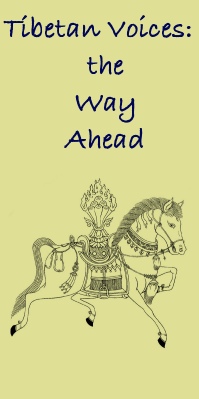The Snow Lion Flag
by Professor Samten G. Karmay
It is obvious that we Tibetans have now arrived at a crossroad after a long and sad journey. Our experience in trying to cooperate with the occupying foreign military power during the 1950s and the botched uprising in 1959 should have taught us that we cannot have trust in the same regime even if it now wears a different mask, but alas, we preferred to ignore that experience. Why on earth should the regime offer us a ‘genuine autonomy’ when it now can sit firmly on the treasure of the Tibetan plateau?
When the goal of independence was sacrificed on the altar of political expediency, a majority of Tibetans were utterly at a loss what to make of it. After all our concessions, the Chinese still demanded HH the Dalai Lama to ‘publicly declare that Tibet has always been an integral part of China.’
But happily the Dalai Lama valiantly withheld that concession. No doubt he clearly understood that nobody has the right to sacrifice Tibet’s sovereignty. Indeed, it belongs to the Tibetan people, not to one person. The Chinese regime seems to have had second thoughts on this point and they have tactically changed their vocabulary. They now say the Dalai Lama must stop ‘splitting Tibet from China.’
All this surely proves that a negotiated settlement is simply not possible with the present Chinese regime.
However, the real question is this: are the Tibetans ready to face the problem with a united front? In my opinion we are not, far from it. In an article posted on Phayul, “Tibetan religion and Politics”, I have suggested that Tibetans need to change their political structure radically in order to have genuine unity among themselves. The Dalai Lama himself declared that the “Dalai Lama’s rule is outdated.” If that is the case, why should we cling to it?
To find a reincarnation of a Dalai Lama normally takes three or four years and the interregnum lasts for sixteen years. Are we prepared to go down that hellish path again? In other words, whether we demand ‘outright independence’ or ‘genuine autonomy,’ the Tibetan community in exile needs to prepare itself first for any eventuality. If one day the Chinese regime collapses as Chinese empires did many times in their history, will the Tibetans be ready to hoist the Snow Lion flag at the UN headquarters as the former satellite countries of the Soviet Union did when the USSR was broken up in 1991?

